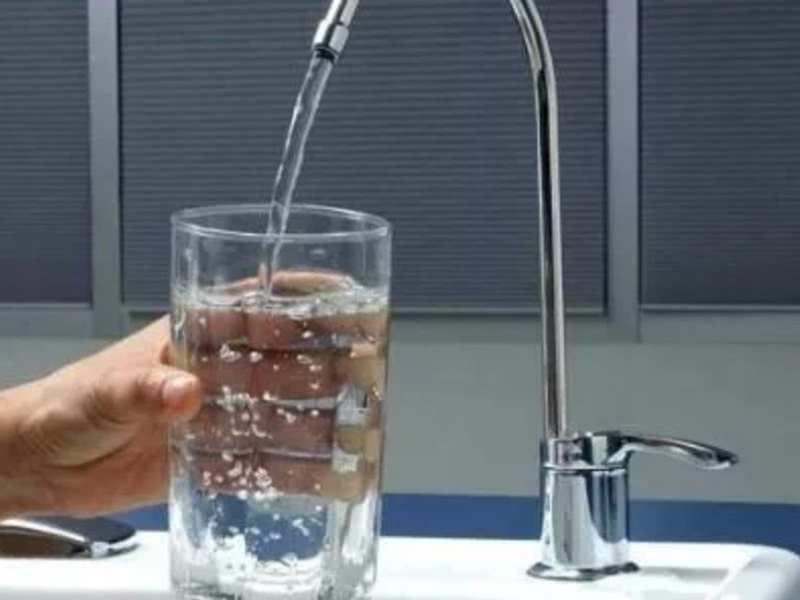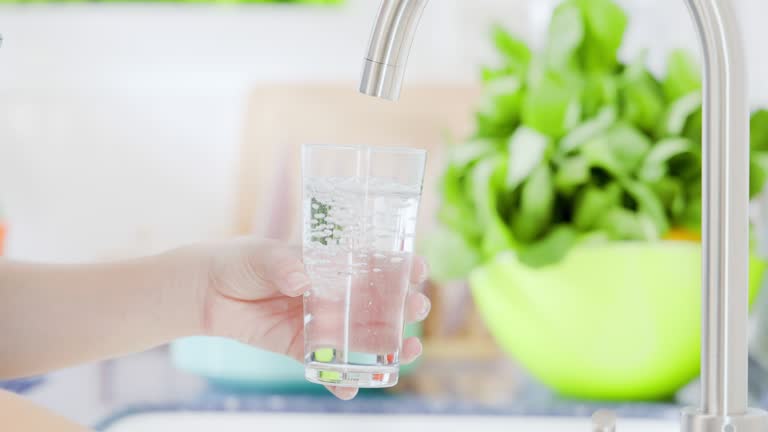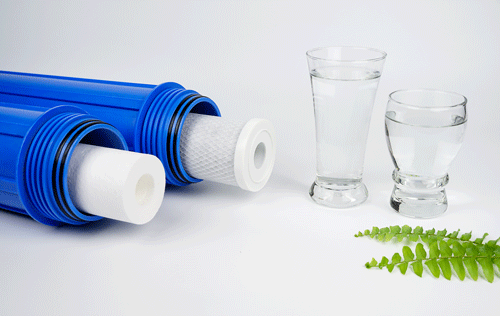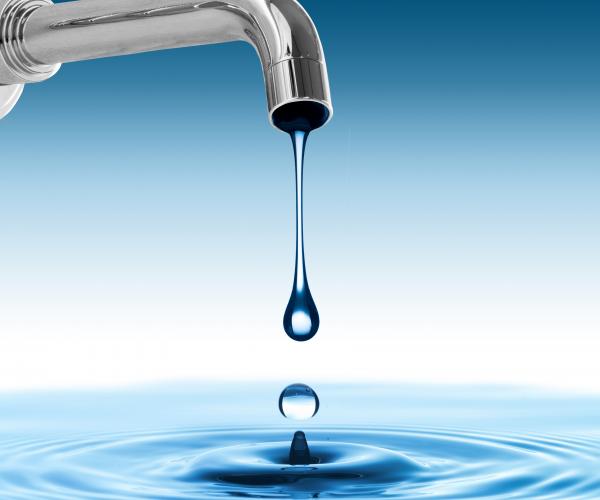Chlorine removal is to evaporate the chlorine remaining in the water by boiling again after the water is boiled. Chlorine is a non-metallic element belonging to the halogen group. Chlorine gas is a yellow-green gas at room temperature and pressure, and its chemical properties are very active and toxic. Chlorine exists widely in nature in its combined form.

Chlorine removal is to evaporate the chlorine remaining in the water by boiling again after the water is boiled. Chlorine is a non-metallic element belonging to the halogen group. Chlorine gas is a yellow-green gas at room temperature and pressure, and its chemical properties are very active and toxic. Chlorine exists widely in nature in its combined form.
The main purpose:
Industry: Chlorine is mainly used in the chemical industry, especially in the organic synthesis industry, to produce plastics, synthetic rubber, dyes and other chemicals or intermediates, as well as bleach, disinfectants, synthetic drugs, etc. Chlorine is also used to manufacture bleaching powder, bleach pulp and cloth, synthesize hydrochloric acid, manufacture chlorides, disinfect drinking water, synthesize plastics and pesticides, etc.
Physiology: It often exists in the form of chloride in nature, the most common form is table salt. The average content of chlorine in the human body is 1.17g/kg, the total amount is about 82-100g, accounting for 0.15% of the body weight, and it is widely distributed in the whole body.
 How much do you know about ultrafiltration technology and ultrafiltration membranes?? Ultrafiltration Knowledge Points Collection, you deserve it!
How much do you know about ultrafiltration technology and ultrafiltration membranes?? Ultrafiltration Knowledge Points Collection, you deserve it!
 Do you know the seven major phenomena of reverse osmosis membranes?
Do you know the seven major phenomena of reverse osmosis membranes?
 When buying a water purifier for the first time, you should know these things!
When buying a water purifier for the first time, you should know these things!